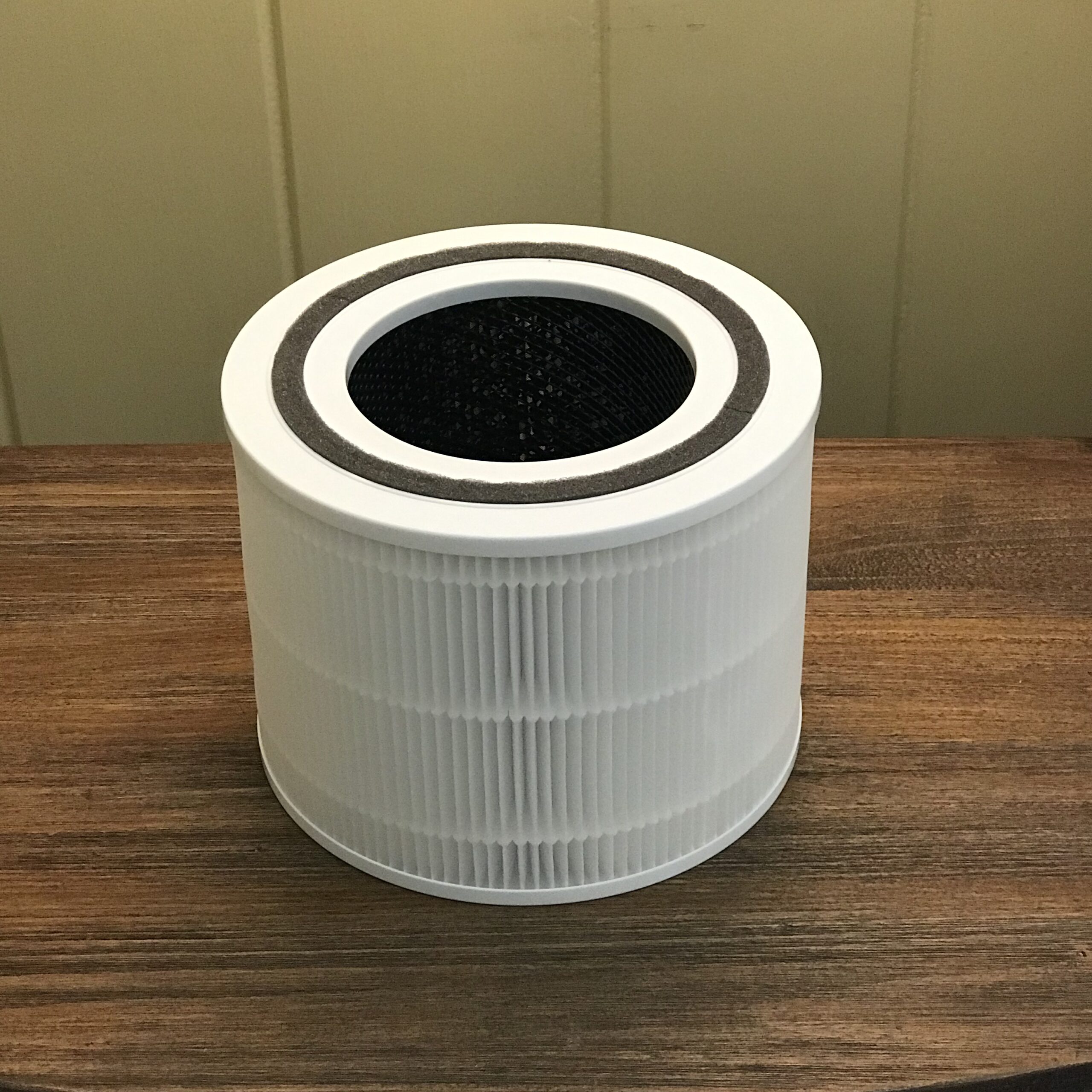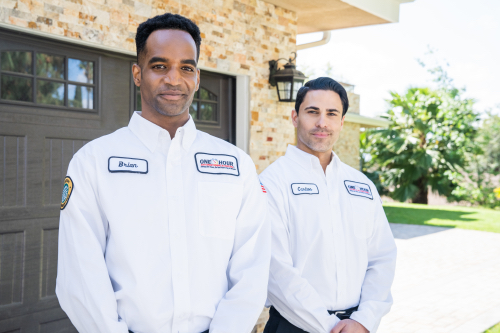 This question is not nearly as simple as it seems. It’s easy enough to say six to 12 months, but HEPA filters could also last up the three years. Many things affect the length of time such a filter will last. Those things include:
This question is not nearly as simple as it seems. It’s easy enough to say six to 12 months, but HEPA filters could also last up the three years. Many things affect the length of time such a filter will last. Those things include:
- Climate and prevailing weather patterns
- Environs of the home
- Filter quality
- Number of pets in the home
- Regularity of maintenance
Climate
Generally, the higher the humidity and/or the wetter the climate, the shorter the lifespan of your HEPA filters will be. High temperatures will also degrade filters more quickly than low temperatures. The reason for this is that high humidity and/or temperature will facilitate quick development of biological growths in the filter or in the HVAC system itself.
In some cases, extreme cold can also adversely affect filter lifespan. This effect is indirect, however. Cold weather leads to drier air, which can, in turn, lead to more buildup of static electricity. That can attract more dust and other particulates, which can contribute to shorter lifespans for HEPA filters.
Environs of the Home
If your home is in an arid location, then it’ll have more dust than it would in a temperate location. Also, if you live in a forest, then there will be more pollen. Certain other biomes in nature have high particulates, too, and if your home is in any of these locations, then your HEPA filters won’t last as long as they would in locations without the extra particulates.
Filter Quality
It may seem counter-intuitive, but higher-quality HEPA filters don’t last as long as lower-quality filters. That’s because they filter out more particulates than their lower-quality counterparts.
However, longer lifespan isn’t all that it’s cracked up to be in this case. Lower-quality filters don’t remove nearly as many particulates as higher-quality filters. Therefore, efficiency is preferable to long life regarding HEPA-filter quality.
Number of Pets in the Home
Nearly all pets shed. Even those that don’t create dander. Dust clings to pet hair, and the dander becomes part of the dust. A home with even one Persian cat will go through more HEPA filters than a pet-free home. Increasing the number of pets will reduce filter lifespan even further.
Regularity of Maintenance
 HVAC systems need regular maintenance to keep functioning well. Part of that maintenance will be the routine changing of filters. A well-maintained system will foster longer filter lifespan than a poorly maintained one will.
HVAC systems need regular maintenance to keep functioning well. Part of that maintenance will be the routine changing of filters. A well-maintained system will foster longer filter lifespan than a poorly maintained one will.
So, How Long?
If your home has one or more of these things that could possibly affect filter lifespan, then you might need to change filters once every three months. If you don’t have any, and you maintain your system correctly, then your HEPA filters could last for three years. It really depends on your particular situation.
Key Takeaways
- Change your HEPA filters regularly.
- Use high-quality HEPA filters for better clean-air results rather than longer filter lifespan.
FAQs
How many particulates will a good HEPA filter remove from the air?
Generally, the best filters will remove 99.97% or more of all particulates 3 microns in diameter or larger.
What does HEPA actually mean?
High-efficiency particle air.
How does a HEPA filter work?
These filters fold several layers of different materials together to create a barrier that catches particles. Some common materials include foam, fiberglass, or other synthetic fibers.
Final Thoughts
It’s not hard to get the right filters for your home. We can advise you about them too. It’s advisable to keep the air in your home as pure as possible through the use of these filters.
Why Trust One Hour Melbourne’s Indoor Air Quality Services.
 We have nearly two decades of experience in the HVAC industry, including almost everything to do with indoor air quality. To find out more about all that we can do for you, give us a call at One Hour Air Conditioning & Heating today. Remember, we’re always on time, or you won’t pay a dime.
We have nearly two decades of experience in the HVAC industry, including almost everything to do with indoor air quality. To find out more about all that we can do for you, give us a call at One Hour Air Conditioning & Heating today. Remember, we’re always on time, or you won’t pay a dime.